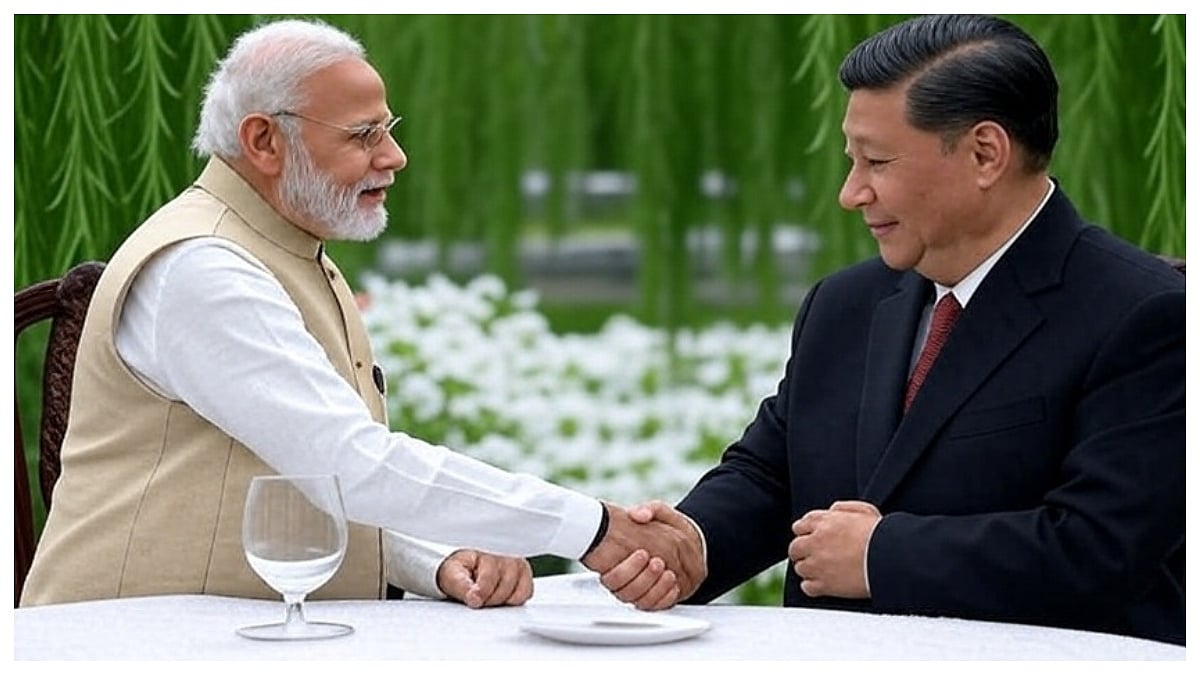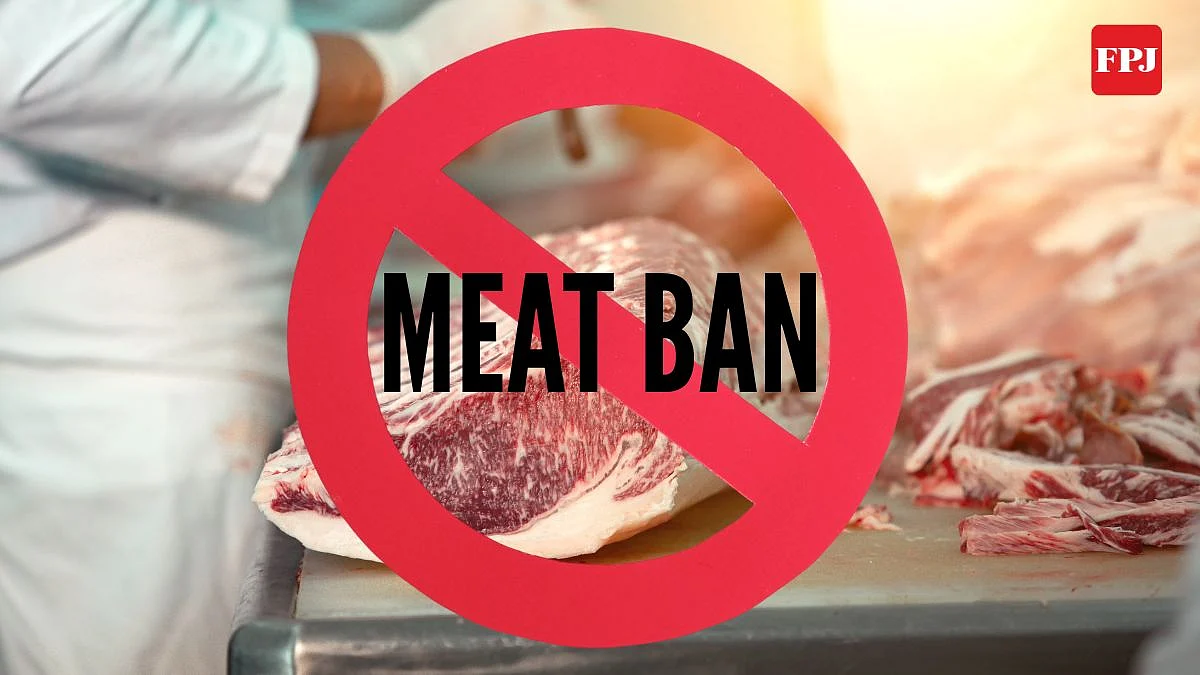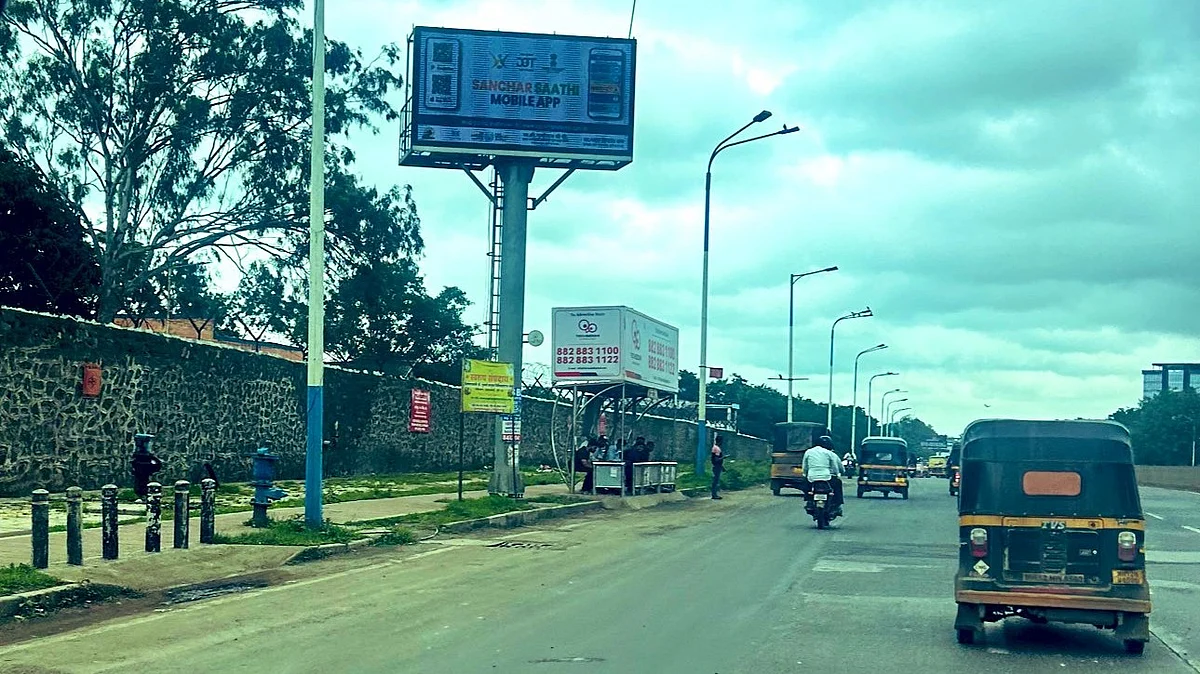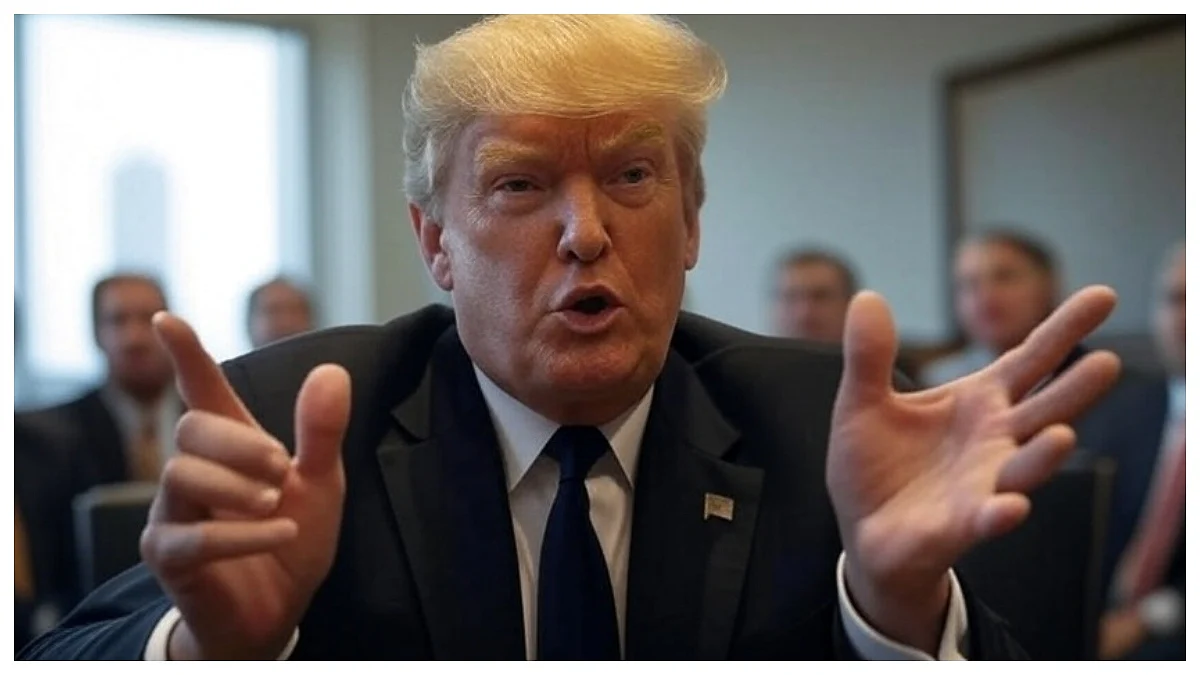New Delhi: India and China are likely to initiate trade talks soon, signaling a potential thaw in their strained bilateral ties. According to sources, officials from both countries may meet by the end of August on the sidelines of the Shanghai Cooperation Organization (SCO) summit, scheduled from August 31 to September 1 in Tianjin. The primary focus of the discussions will be the resumption of critical raw material supplies from China, particularly rare earth magnets, fertilizers, and pharmaceutical ingredients.
Trump’s Tariffs Bring Nations Closer
The backdrop to this renewed engagement is the global disruption caused by US President Donald Trump’s tariff hikes. Trump has imposed a 50 percent tariff on Indian exports and 30 percent on Chinese goods. In response, China halted the export of rare earth elements, citing national security concerns. However, with global supply chains affected, both India and China are reconsidering their trade strategies and exploring ways to bypass these tariffs.
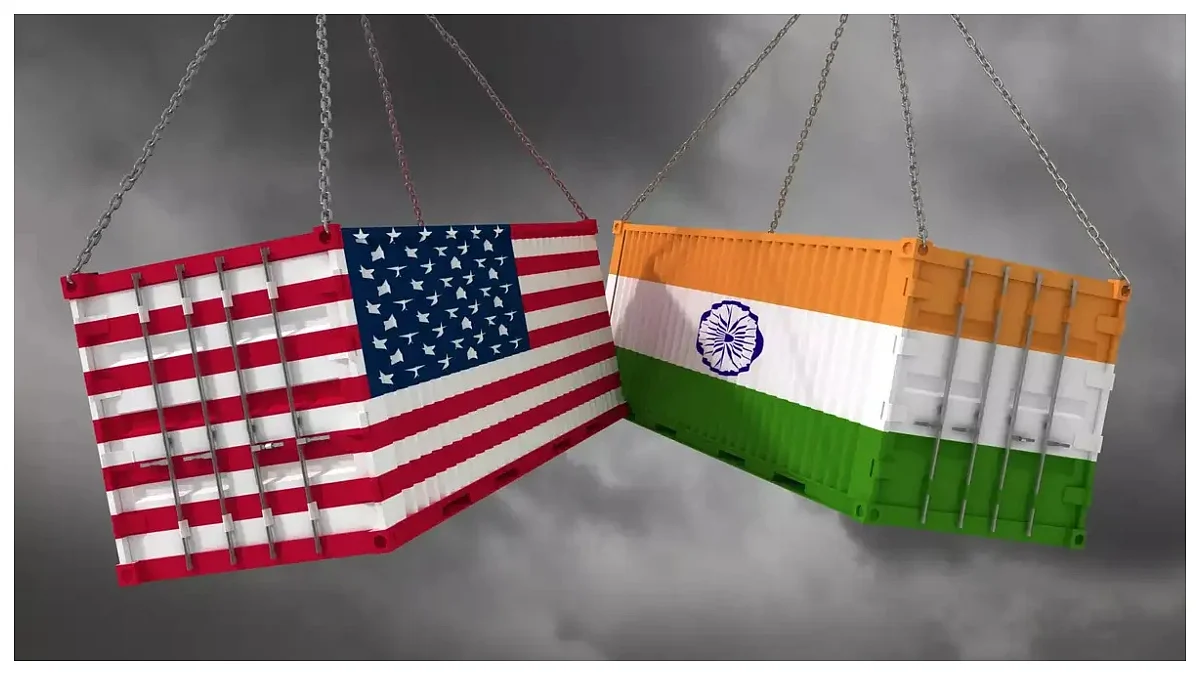
Supply Chains and Strategic Materials
Despite China resuming rare earth supplies to the US, Europe, and Southeast Asia, Indian importers are still awaiting export licenses. Rare earth magnets are essential for electric vehicles and several other industries. China has also blocked fertilizer exports to India over the past three months, though it has now started easing the restriction on urea exports. Indian government agencies have begun floating tenders to import limited quantities of fertilizers, indicating a willingness on China’s part to restart trade in this sector.

Pharma Sector Faces Tariff Threats
Both countries are also concerned about Trump’s proposal to impose a 250 percent tariff on finished pharmaceutical products over the next 18 months. This poses a serious threat to the pharma industries of both India and China. India’s Ministry of Commerce has called a meeting with top pharmaceutical industry stakeholders ahead of the SCO summit to discuss collaborative strategies and explore tariff mitigation options.
Geopolitical Tensions Still Loom
While talks are expected to move forward, geopolitical tensions remain. India’s policy requiring government approval for investments from neighboring countries, primarily targeting China, and past border skirmishes continue to strain relations. Still, mutual economic concerns may pave the way for limited cooperation.
